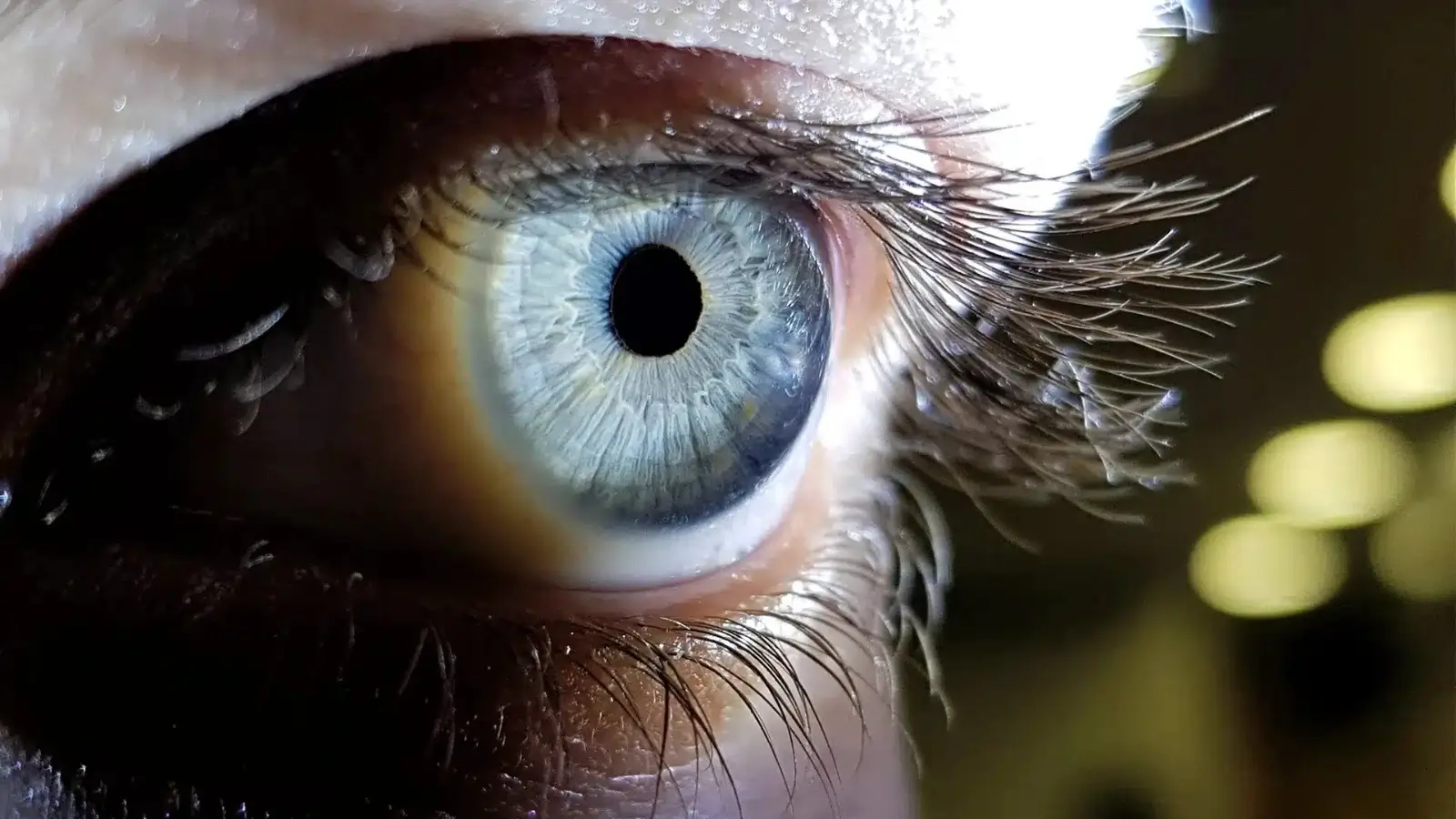


Vision health is an essential aspect of overall wellbeing, with eye floaters being a common concern for many individuals. Floaters are tiny specks or clouds that move in one's field of vision. Although they can be bothersome, they are generally not indicative of anything serious. However, understanding and managing eye floaters is important for maintaining clearer vision and ensuring that they are not a sign of underlying issues.
Eye floaters are small, shadowy shapes that appear to float in front of the eyes but are actually within the eye itself. They can appear as dots, circles, lines, or cobwebs. Despite how it seems, they are not objects floating in front of the eye. Instead, they are tiny clumps of gel or cells inside the vitreous, the clear gel-like fluid that fills the inside of your eye.
As we age, the vitreous slowly shrinks and can become somewhat stringy. The strands can cast tiny shadows on the retina, which we perceive as floaters. In most cases, floaters are part of the natural aging process. However, they can also occur due to other factors such as inflammation in the back of the eye, bleeding in the eye, torn retina, or eye surgeries and eye medications.
Typically, eye floaters are most noticeable when looking at a bright, plain background like the sky or a blank wall. They move as the eyes move and seem to dart away when you try to look at them directly. Symptoms include seeing dark specks or transparent threadlike strands, which can be annoying but usually don't interfere with sight.
While floaters are usually not a cause for concern, a sudden increase in floaters, especially if accompanied by flashes of light or any loss of peripheral vision, warrants immediate medical attention. These symptoms could indicate a retinal tear or detachment, a serious condition requiring prompt treatment to prevent permanent vision loss.
To determine the cause of eye floaters, an eye specialist will conduct a comprehensive eye examination that may include dilating the pupils to get a better view of the inside of the eyes. This examination helps to ensure that there are no underlying issues needing treatment.
For those experiencing eye floaters, management typically involves simply getting used to their presence. The brain often adapts to ignore them, and they become less noticeable over time. However, if they are persistent and significantly impact vision, it's important to discuss potential treatment with an eye care professional. In some cases, therapy may involve surgery or laser treatment, although these options are usually reserved for severe cases due to potential risks.
Moving the eyes up and down or from side to side can sometimes shift floaters out of the line of vision. Staying well hydrated and protecting the eyes from excessive UV light with sunglasses can also help maintain overall eye health.
In cases where eye floaters do significantly affect vision and quality of life, treatments such as a vitrectomy or laser vitreolysis may be considered. A vitrectomy involves the removal of the vitreous gel, along with its floating debris, and replacing it with a saline solution. Laser vitreolysis breaks apart floaters with a laser, reducing their size and making them less noticeable. Both procedures carry risks and are only recommended when floaters severely impair vision.
While it is not always possible to prevent floaters, maintaining a healthy lifestyle with a balanced diet rich in antioxidants can benefit overall eye health. Regular eye exams are crucial as they can help detect changes in the eyes early on.
Eye floaters are quite common and typically not a cause for alarm. Understanding what causes them and when they may signify something more serious is important for managing your eye health. If you experience a sudden increase in floaters or other accompanying symptoms, it's crucial to seek professional advice promptly. For most people, adapting to the presence of floaters and making minor lifestyle adjustments is sufficient. For others, there are treatment options available. Whatever your situation, taking care of your eyes and monitoring any changes is an integral part of maintaining clearer, healthier vision.
For more information about eye floaters and other eye health-related issues, consider reaching out to professional eye care providers and reading up on the latest in eye health maintenance and treatment. Taking proactive steps can lead to a better understanding of your vision health and a clearer outlook on life.